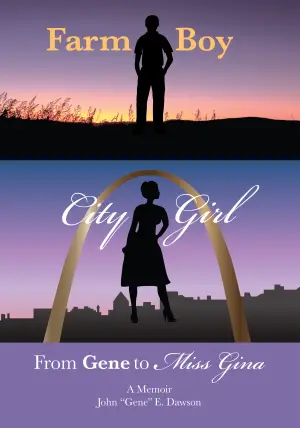
03 May Book Review of A Room of One’s Own
I first encountered Virginia Woolf’s A Room of One’s Own in a dusty corner of my local library, its pages aged like fine wine. I was immediately intrigued not just by the title, but by the promise of a unique exploration into women and fiction. Woolf’s famous assertion that “a woman must have money and a room of her own if she is to write fiction” resonated deeply with me. It invited me to reflect on my own creative spaces and financial stability, offering a poignant commentary on freedom and identity that felt timeless.
Woolf’s six chapters, originally a series of essays presented at women’s colleges in Cambridge, weave a narrative that is both personal and universally relevant. The tone is conversational, as if Woolf is inviting us to sit down with a cup of tea and discuss the intricacies of gender and literature. Her critique of the limitations imposed on women—whether by societal norms or lack of resources—reminds us how far we have come and yet how much remains to be addressed.
One particularly striking image was her reference to the privileges of Oxbridge, where she reflects on the stark differences in education and nourishment between men and women. “One cannot think well, love well, sleep well, if one has not dined well,” she writes. This line tugged at my heartstrings, as it highlighted the essential connection between sustenance and creativity. I’ve often found myself in my own creative spaces, armed with nothing but a notebook, searching for that same sense of nourishment—be it intellectual or emotional.
Woolf’s insights are frequently peppered with arch commentary that sent me rushing to Google for more context, especially her thoughts on the fictional lives of women, or lack thereof. For instance, she muses on the imagined sister of Shakespeare, Judith, who would have faced insurmountable barriers that stifled her genius—a thought-provoking reminder of the countless women writers lost to history. This made me reflect on how literature has largely been a mirror reflecting male perspectives, often sidelining the female experience.
Her memorable quotes linger long after the book is closed. Lines like “Lock up your libraries if you like; but there is no gate, no lock, no bolt, that you can set upon the freedom of my mind” challenged me to think about intellectual freedom versus physical restraints. The idea that a woman’s mind can never be contained is a beautiful rebellion against the confines society attempts to impose.
Woolf’s celebration of women’s relationships and the nuanced portrayal of their lives invites us to know them beyond their connections to men. “Sometimes women do like women,” she coyly mentions, hinting at deeper connections that literature often ignores. This recognition of female camaraderie, often overlooked, felt like a refreshing gust of wind blowing through a stuffy room.
Midway through the book, I felt a renewed sense of purpose—with each page, I found new layers to unpack, new discussions to engage in. While written nearly a century ago, the relevance of Woolf’s arguments rings true today, making A Room of One’s Own a timeless treasure for feminist readers, writers, or anyone navigating the complexities of gender and creativity.
If you’re pondering the constraints that have shaped women’s roles in literature or seeking inspiration for your own writing journey, Woolf’s poignant reflections will feel like a breath of fresh air. Personally, the reading experience left me introspective and invigorated, prompting questions about my own privileges and responsibilities as a modern woman engaged in creative pursuits. For that, I am eternally grateful to Woolf for giving me a room of my own—if only for the time it took to read her brilliant words.
Discover more about A Room of One’s Own on GoodReads >>









